“We don’t believe you. You need more people.”
Have you ever heard that Jay-Z lyric? Look it up. Although they don’t say it, many leaders who speak have the fear that no one believes what they are saying.
There you are, standing in the middle of a stage; the spotlight shines on you through the dim room lights. Even though you can’t see them all, you can FEEL the eyeballs on you. They’re looking at you with judgment, just waiting for you to slip up or say something wrong. Right?
Well, not entirely. They’re waiting for you to share something important with them. But, they also want to know why you should be the person they need to listen to. CREDIBILITY. The audience wants to know what qualifies you to speak on this topic.
However, it’s different than you’d expect. They don’t need you to have a Ph.D. for you to come across as credible and believable. It starts more simply.
1. Presence – What does your physical presence transmit? Are your shoulders slouched? Are you even paying attention to your posture or your facial expression? Before you utter a word, these items begin to influence your audience. It’s true…your audience is judgmental. But the good news you can use this to your advantage. Use that judgment to influence them.
Walk into the room with confidence. Stride purposefully. Look calm. Look focused. Smile. Pay attention to them. Look at their faces and into their eyes. Connect with them.
2. Emotions – I was watching a morning show video recently where TV personality, Montel Williams, was the guest. He was asked about the issue of kneeling for the national anthem. As he spoke, his face began to flush, and his eyes began to water. With each word, his energy became more intense to the point of his voice breaking. Emotion poured through his veins. Everyone in the audience could feel his passion.
When your emotions pour through, genuine emotions, the audience not only senses your connection to the topic, but they also become connected. They become connected THROUGH you. As your emotional range directs them, they create mental pictures which helps them to experience the topic. The more you can help your audience to EXPERIENCE the message, the more credible you become to them.
3. High-Falootin’ Speak – I remember attending a religious event with my dad. There were approximately ten speakers during this event, many of whom were educationally accomplished. Each speaker came to the mic with one major goal…to outdo the speaker before him. Every speaker dug deep into their mental thesaurus to find words none of us in the audience had heard before. And while the speakers may have enjoyed the one-upsmanship display, all I saw in the audience were rolling eyeballs, including mine. The speakers had educational credibility, but they were not able to establish personal credibility.
By deciding to use words which made the audience feel dumber, they told their listeners, “Not only am I smarter than you, I’m more important than you.”
Ironically, when your audience rolls their eyes, they don’t think you are smarter than they are. They just don’t believe you and tend to tune you out.
When you establish credibility with your audience, you subconsciously share the message, you are important, your values are important and it’s important for me to understand how you feel.


